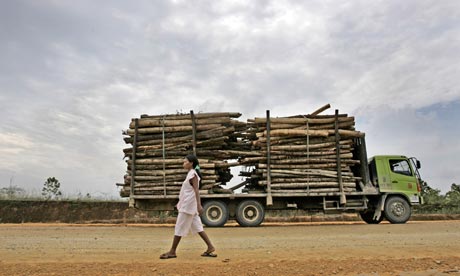
The Caribbean Climate Change Centre fells regional governments they must prepare for global warming - February 28, 2008
THE CARIBBEAN Community Climate Change Centre (CCCC), the regional body with oversight authority for climate change, headquartered in Guyana, is issuing a stern warning to governments across the region to move swiftly to put measures in place to deal with the increasing risks posed by global warming.
Examining the impact and implications of climate change for the Caribbean and coastal states at a workshop being held in Barbados, hosted jointly by the Commonwealth Secretariat and the Caribbean Broadcasting Union, Dr Ulric Trotz, science adviser to the CCCC, said the impact of climate change and its 'knock-on effects' are being felt here and now.
False perceptions
"We (the Caribbean) are plotting our own destruction on false perceptions. The natural variability of climatic change is being compressed into shorter periods of time as a result of global warming, and we have begun to see those changes," Trotz told senior journalists.
More >>>



























